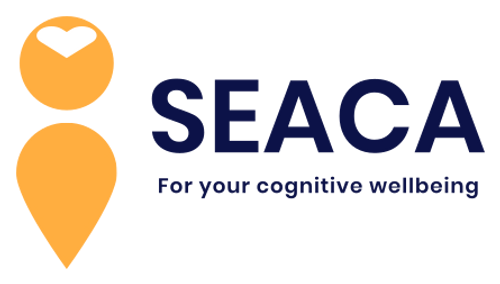top of page
More Information
Welcome to our FAQs section. Here, we aim to address common queries and provide information to help you better understand our services. Feel free to browse through our answers, and if you have any further questions, you can contact us using the Let's Chat link.
Widget Didn’t Load
Check your internet and refresh this page.
If that doesn’t work, contact us.
bottom of page
